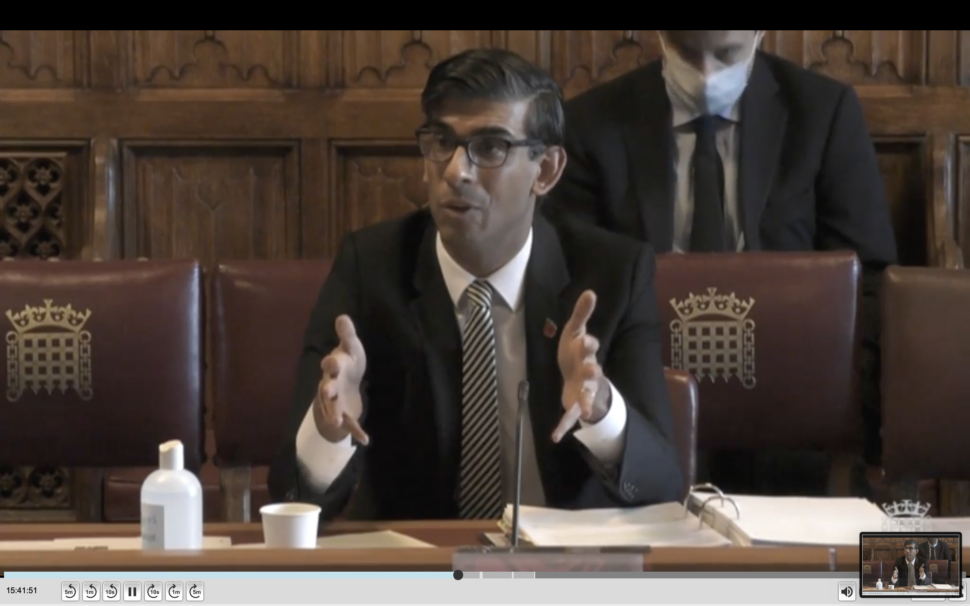The chancellor took some heat from FE leaders last week for his “clear as mud” approach to presenting the sector’s spending settlement, and it’s easy to see why. Big numbers and grand statements like “skills revolution” are designed to lead us in a particular direction; to be impressed or even grateful.
The problem is, though, it also raises expectations – and the sector’s expectations are high.
Chancellor accused of ‘smoke and mirrors’ in spending review
A week later, and despite the chancellor Rishi Sunak and the new education secretary Nadhim Zahawi appearing before the House of Lords’ economic affairs and Commons education committee respectively, we know little more than we did a week ago.
Sunak was challenged to confirm that he was not “guilty of smoke and mirrors” in presenting pre-existing spending commitments as something new as part of the £3.8 billion announced for skills.
In his reply, the chancellor admitted that “almost everything that I announced last week was a function of things that are already in train, and then new things for the next three years” going on to list apprenticeships growth, T Level and bootcamps expansion as examples.

“Those things are already in place and are being expanded over the [spending review] period,” he concludes.
In fact, the only new initiative the chancellor was able to mention was the Multiply scheme, which is set to be funded through the UK Shared Prosperity Fund, not existing adult education or national skills fund budgets.
At the education committee, in replying to challenges about funding for a longer school day, the education secretary was at least a little clearer about where some of the extra £1.6 billion for 16-to-19-year-olds would be going, in confirming numerous times it is for the “extra one hour a week”.
Real skills revolution ‘would have empowered the sector’
So of course the sector’s scepticism is justified, not least in the face of Institute for Fiscal Studies analysis showing that, per-student, the spending review still leaves the sector ten per cent lower than 2010 levels. At the same time, providers continue to face risings costs, such as the rise in employer national insurance contributions, projected energy price rises and continuing pressure to increase staff salaries.
As budgets and spending reviews over the last ten years go, there was an undeniably larger further education and skills presence. But you can’t spend rhetoric on classroom upgrades or staff pay awards.
A real “skills revolution” wouldn’t have been so ambiguous and difficult to disassemble. It would have empowered a sector to be at the very least slightly more confident in its ability to invest in its chronically underpaid staff and provide the per-student rates to give adults and young people a globally competitive learning experience.

















Your thoughts